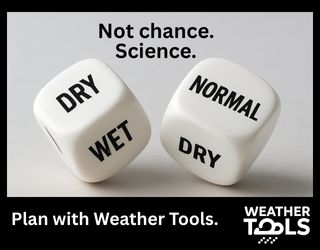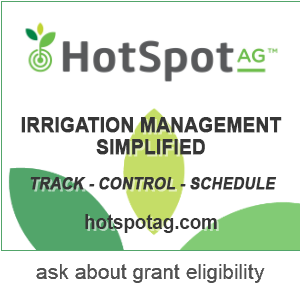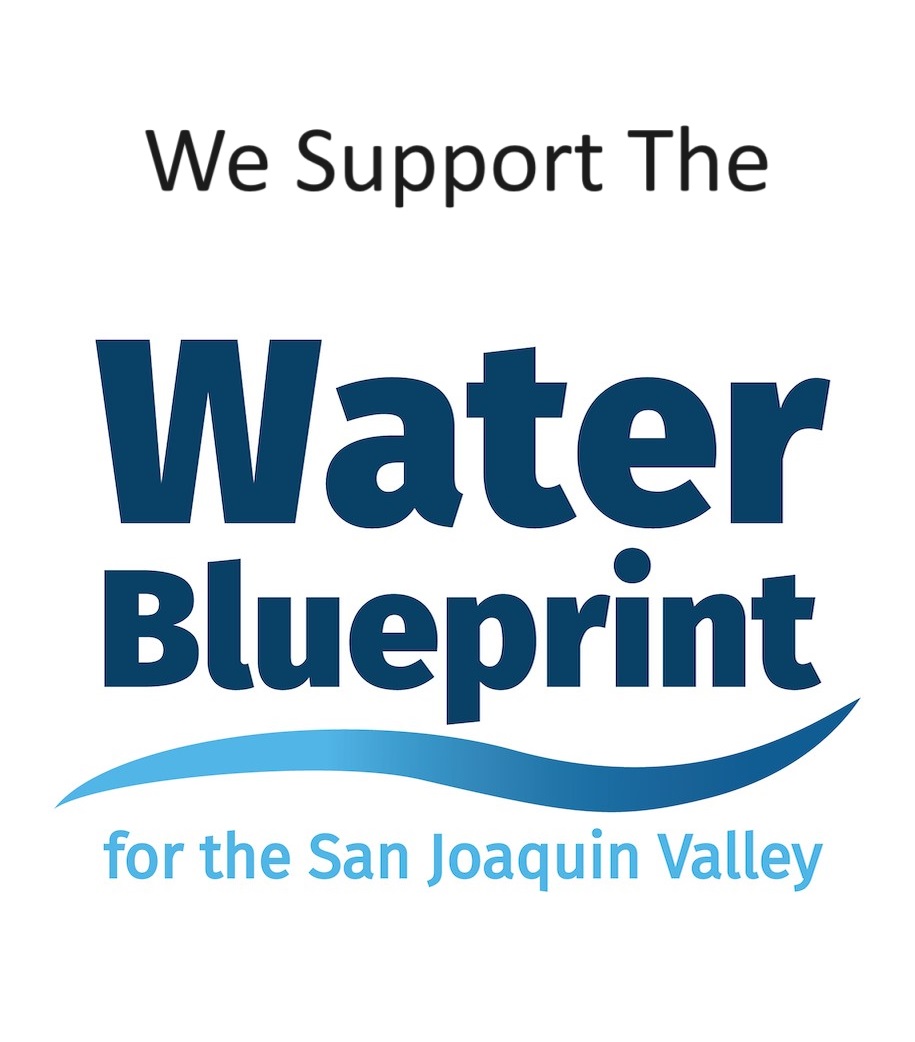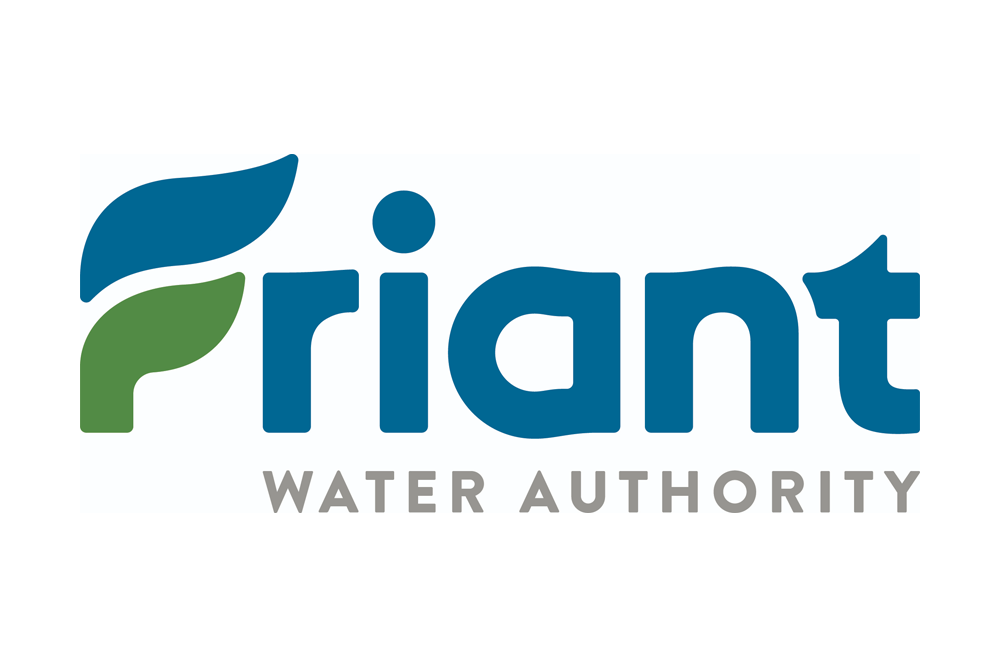Meeting as the board of directors of the Madera GSA, the Madera County supervisors were called to order at 1:32 p.m. on November 18, 2025, by Chair Leticia Gonzalez. With all supervisors present, this was a continuation of the regular meeting held that morning where the flag salute and opening public comment had been invited.
The Meeting
For this GSA session, the board immediately took up consideration of a letter to Paul Gosselin, SGMA head at the Department of Water Resources. Stephanie Anagnoson, director of water and natural resources for the county, explained that letter detailed the domestic well mitigation programs covering the subbasin geography by all seven GSAs. Those programs are to provide financial assistance to property owners whose domestic wells have gone dry due to lowering groundwater levels, notably from agricultural pumping. She said it had been confirmed that this formal letter would meet the DWR criteria that require such plans as promised in the GSP. Even though the details of the Madera program were to be considered next on the agenda, the sending of the letter was approved. The letter also included words of appreciation for some of the grant funding to the county from DWR.
letter detailed the domestic well mitigation programs covering the subbasin geography by all seven GSAs. Those programs are to provide financial assistance to property owners whose domestic wells have gone dry due to lowering groundwater levels, notably from agricultural pumping. She said it had been confirmed that this formal letter would meet the DWR criteria that require such plans as promised in the GSP. Even though the details of the Madera program were to be considered next on the agenda, the sending of the letter was approved. The letter also included words of appreciation for some of the grant funding to the county from DWR.
Domestic Wells
The board then took up a resolution establishing rules and eligibility criteria for the DWM program itself. Anagnoson explained for many months, the seven GSAs in the subbasin had been in discussion to develop and implement a plan to be accepted by all, with costs to be shared proportionally by the geography of each GSA. She said that in August, though, four GSAs withdrew indicating each wanted to only deal with problem domestic wells within its own boundaries.
With the county on its own, contact was made with Chowchilla GSA which has implemented a plan. Discussion were held with the NGO Self Help Enterprises that is providing bottled water to those whose wells are dry and with growers in the Madera Ag Water Association to gather their input. Meetings were also held with property owners in Fairmead and Madera Ranchos where dry wells have occurred.
Anagnoson explained a plan was developed to provide up to $35,000 per well for drilling along with an application form, rules as to the specific circumstances when funds would be provided and the specifications for well drilling firms who would do the work. All this detail had been provided to the GSA Committee at a meeting held the week before, where there was lively discussions with growers and concerned community members but ultimately approval to bring this to the full board by the committee members, Supervisors Gonzalez and Robert Macaulay.
The supervisors weighed in with a fundamental concern that funds might be provided to property owners whose wells were too old and not properly maintained. There was discussion about a recipient of these funds not being able to sell their property for some period of time, maybe five years, maybe three years. Supervisor Jordan Wamhoff said he did not want to punish a property owner who simply had had a well go dry. The notion of public disclosure of properties receiving these funds was also suggested and Anagnoson said that quarterly reporting would be implemented.
With comment open to the public, local grower Mark Peters said he was speaking from a grower perspective. He said DWR requires and growers agree with the need for well mitigation but that he had seen where other GSAs required information about the age of the well. “We feel as growers that we are already getting treated harshly,” he concluded.
Online, Noah Lopez representing MAWA said his group appreciates the need for a mitigation program. He said though that based on the timing of this SGMA work, only wells going dry after 2020 up through the present should be eligible for these funds. He urged this element be included in the rules. After other comment online and in the meeting, counsel suggested that no action be taken at this time. Anagnoson said she would bring back to the December meeting revisions which would take into account the age of the well, the year it went dry and timing about reimbursement for the homeowner and the habitability of the home.
Davis Engineering Hired
The next item for action was a contract with Davids Engineering to administer the DWM program in all of its aspects from application to approval to well drilling and overall public relations about the program. The proposed contract calls for a spending cap with the firm of $514,000. Anagnoson said that for the many projects managed by Davidson throughout the SGMA process, the firm on average has only spent 76 percent of the funds allowed. With little discussion, the resolution to approve the contract was adopted.
Eye in the Sky
Next up was a recommendation for the county to have a single satellite measurement service presented by Director Anagnoson. The county has offered growers the opportunity to use by Irriwatch, now called Hydrosat, and Land IQ. She said the Madera GSA is the only one offering growers two systems, but some $300,000 of annual expense could be saved by having only one. She said a lot of work had been done to determine which growers might prefer, including a written survey. While a narrow majority said Hydrosat, at the committee meeting a week ago, after public comment by several growers and Lopez of MAWA asked that both be made available, even as almost a third also said they wanted to be able to used certified meters to tally water use. At the committee meeting, Supervisor Gonzalez said she wanted to bring the staff recommendation of choosing Hydrosat to the full board. However, Supervisor Macaulay expressed concern about requiring a change for so many growers using Land IQ. These two agreed to bring the discussion to this board meeting.
comment by several growers and Lopez of MAWA asked that both be made available, even as almost a third also said they wanted to be able to used certified meters to tally water use. At the committee meeting, Supervisor Gonzalez said she wanted to bring the staff recommendation of choosing Hydrosat to the full board. However, Supervisor Macaulay expressed concern about requiring a change for so many growers using Land IQ. These two agreed to bring the discussion to this board meeting.
With the staff recommendation for Hydrosat on the table, comment was invited with MAWA’s Lopez leading off. He said if either company is chosen, nearly half of the growers will need to change. He said MAWA prefers that both be made available. Speaking online, Devin Aviles of Ag World Cooperative said that he predicted if Land IQ were not available, many of its current customers would use meters instead of switching.
Supervisor David Rogers asked what the impact is of keeping both systems. Anagnoson said currently the budget allows two systems, but then there will be funds for an account program which had been requested in earlier public meetings. A speaker online said he had a letter from Land IQ saying the firm works with 40 GSAs in critically overdrafted basins. Mark Peters said he is a Hydrosat user but is sympathetic with those using Land IQ who would have to change.
Supervisor Macaulay offered what he called a possible compromise. He said he would allow growers to transition off Land IQ by have a one-year contract with that firm. Anagnoson said we’ve been considering this since May, and you can afford both but there you can’t have an accounting platform. Supervisor Rob Poythress pointed out the many growers in response to the question about satellite services wrote in they preferred meters, even though that was not an option on that first survey question. Supervisor Gonzalez said we had a survey and the results came in. She cautioned that if we deviate, people will ask why we even did the survey. She said we’ve been asked to save money, and I’d like to go with the staff recommendation [for Hydrostat].
Rogers said we’ve done without an accounting platform to this point, and it may be a luxury we can’t afford. He suggested going with Hydrosat but with one more year of Land IQ. Wamhoff said he suggested they wait for more information from Land IQ and that the decision be postponed until the December meeting. Poythress said if growers could see the satellite choice converted to a cost per acre, they might support a single service. Macaulay pointed out that the farmers’ cost won’t change whether there are one or two platforms.
With that the supervisors supported a motion to consider this question at the December 9 board meeting. The GSA agenda will be timed for 11 a.m. With that, the board took a short recess before once again going to closed session at about 3 p.m.
DISCLAIMER OF RESPONSIBILITY; Waterwrights strives to provide clients with the most complete, up-to-date, and accurate information available. Nevertheless, Waterwrights does not serve as a guarantor of the accuracy or completeness of the information provided, and specifically disclaims any and all responsibility for information that is not accurate, up-to-date, or complete. Waterwrights’ clients therefore rely on the accuracy, completeness and timeliness of information from Waterwrights entirely at their own risk. The opinions expressed in this report are those of the author and do not represent any advertisers or third parties.
ALL RIGHTS RESERVED. Copyright 2025 by WaterWrights.net
Madera County is comprised of three subbasins, designated by the CA Department of Water Resources as critically overdrafted, and “high priority”: (1) the Chowchilla Subbasin; (2) the Madera Subbasin; and (3) a portion of the Delta-Mendota Subbasin. Each of these subbasins submitted a Groundwater Sustainability Plan (GSP) by January 31, 2020. These subbasins are required to achieve “sustainability” by the year 2040. The method by which sustainability will be achieved will be illustrated in the GSP, which was be drafted in partnership by the irrigation district, water districts, cities and Madera County. The Madera County Groundwater Sustainability Agency (GSA) is administered by the Madera County Department of Water and Natural Resources: Stephanie Anagnoson, Director, 200 W. Fourth Street, Madera, CA 93637, (559) 675-7703 x. 2265 or (559) 675-6573. The County of Madera Board of Supervisors is the Board of Directors of the GSA for the three subbasins. The current board is composed of five members: Leticia Gonzalez, Robert Macaulay, Robert Poythress, David Rogers and Jordon Wamhoff..
The Madera Subbasin’s DWR # is 5-022.06


































